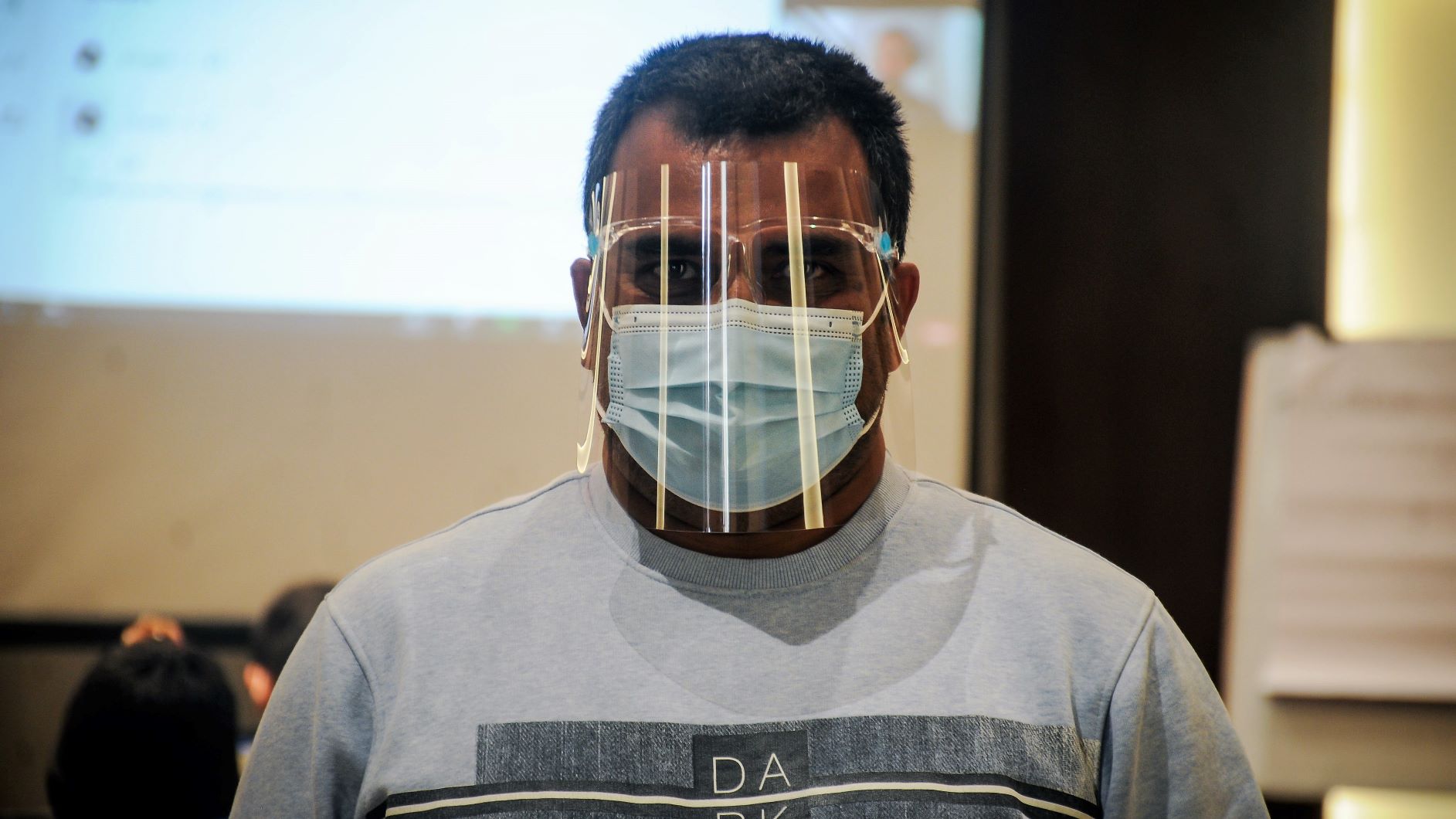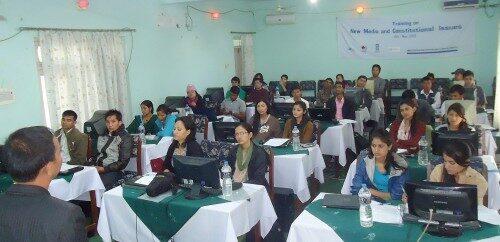“Facebook & Twitter is full of trash! People are writing all sorts of non-sense thing on Social Media.”
I hear that quite often. I am asked about it quite often. There were times – such as after the April 25’s Earthquake – when I felt irritated, frustrated and even angered by what were written on Facebook and Twitter. Everyday, I see Facebook and Twitter; and I find things that people should not post there.
This morning I saw one of my students (and a journalist) posting news with a picture of a woman who was hanged herself. The other day, someone wrote a racial comment regarding a political group. Of course, there are things that shouldn’t have been posted on Social Media.
And, there are quite a lot of things that I come across everyday that I disagree – wholly or partly. Reading such posts gives be a kind of bad feelings – sometime a light one and sometime a hard one. Continue reading…


